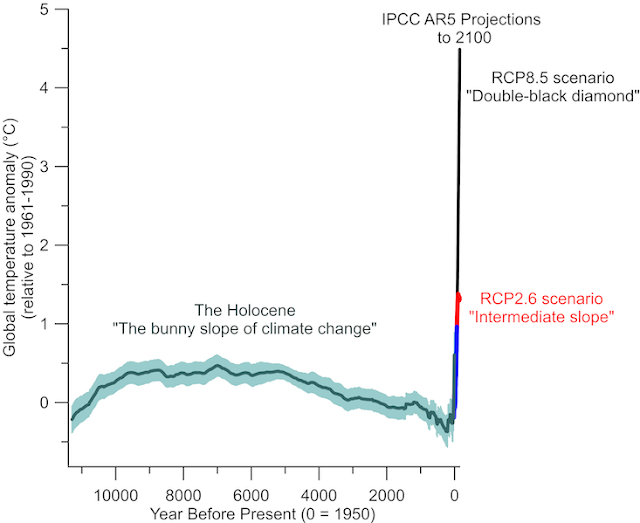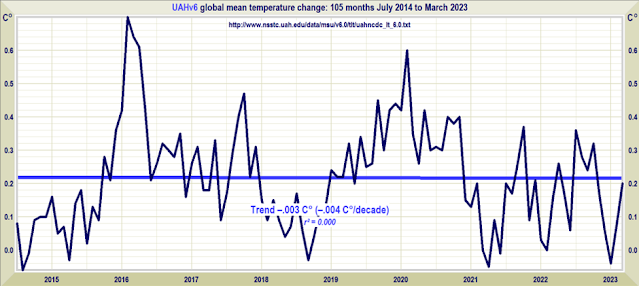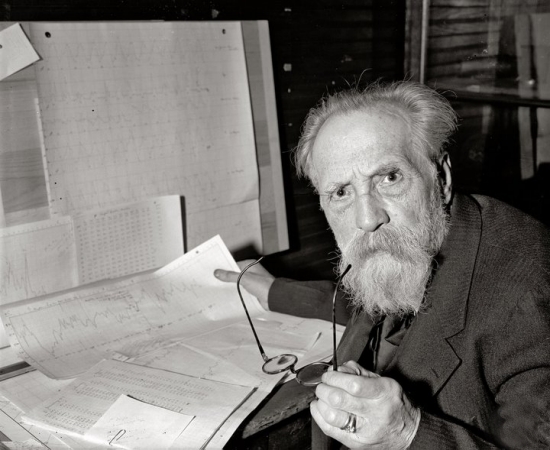Debaters Behaving Badly, Part 5 - Dishonest Quotations
If you participate in debates on climate science, how often have you been told that Al Gore predicted that the North polar ice cap would be gone by 2013? How often have you been given quotes from Edenhofer "proving" that AGW is a political hoax from a socialist agenda to redistribute global wealth? These kinds of claims are everywhere in these debates, but frequently when we investigate these seemingly outlandish quotes, they turn out to be fabrications - contortions of what was actually said. In other words, they appear to be blatant dishonesty and personal attacks on the part of people who generate the fake quotes. To be clear, not everyone using these fake/contorted quotes know that they are fake or contorted. People frequently share and promote things without checking on their accuracy, so I thought I'd collect a few of the more prominent fake quotes here. I may add to this as time goes by, but I'll begin with these four that I think are both extremely common and...




